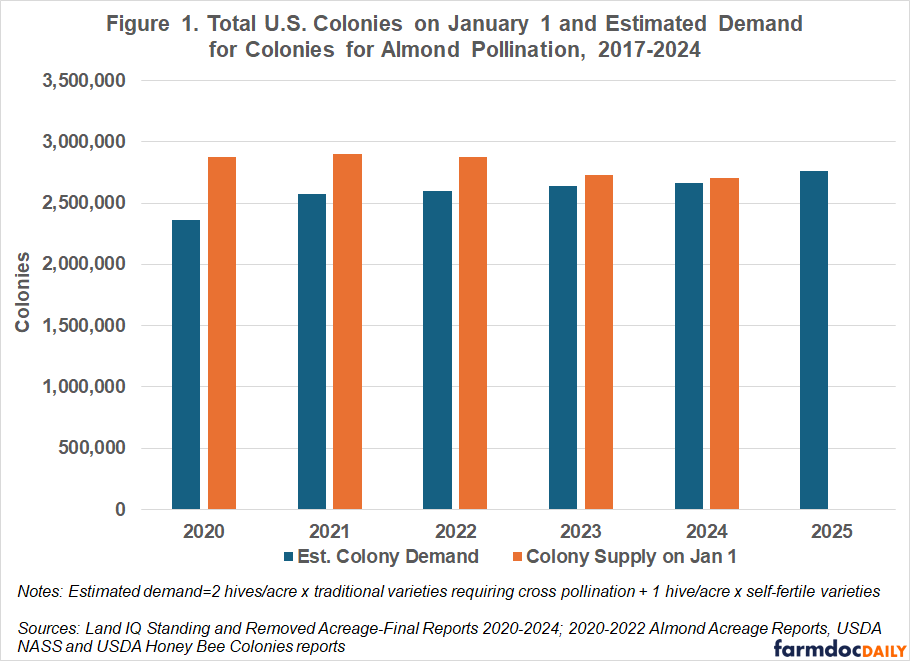Bee colonies are facing unprecedented challenges in 2025, with projected losses reaching as high as 60% to 70%. This alarming trend is not only a concern for beekeepers but also poses significant threats to global food security and the economy. The decline in bee populations is attributed to a combination of factors, including nutritional deficiencies, mite infestations, viral diseases, and potential pesticide exposure.
The Causes of Bee Colony Decline
The health of bee colonies is influenced by several key factors:
- Nutritional Deficiencies: Bees require a diverse diet rich in nectar and pollen to maintain their health. However, the lack of diverse forage due to monoculture farming practices and urbanization has led to nutritional deficiencies.
- Mite Infestations: The Varroa mite is a major parasite affecting bee colonies. It weakens bees by feeding on their blood and transmitting diseases, making them more susceptible to other health issues.
- Viral Diseases: Bees are vulnerable to various viral diseases, many of which are transmitted by the Varroa mite. These diseases can decimate entire colonies if left unchecked.
- Pesticide Exposure: The use of certain pesticides, particularly neonicotinoids, has been linked to bee deaths. These chemicals can impair bees’ navigation and communication abilities, leading to colony collapse.

Impact on Agriculture and the Economy
The decline in bee populations has significant implications for agriculture and the economy:
- Agricultural Production: Approximately 35% of global food crops rely on pollinators like bees. Without sufficient pollination, yields of crops such as almonds, blueberries, and apples could plummet, leading to food shortages and increased prices.
- Financial Consequences: Beekeepers are facing substantial financial losses. With projected losses of over $139 million this winter alone, the total financial impact could reach $635 million. This financial strain may force some beekeepers out of business, further exacerbating the issue.
Potential Consequences for Consumers
Consumers are likely to feel the effects of the bee colony decline in several ways:
- Higher Food Prices: Reduced pollination efficiency could lead to lower crop yields, resulting in higher prices for pollination-dependent foods.
- Food Security: The long-term sustainability of food production is at risk if bee populations continue to decline. This could lead to shortages of essential fruits and vegetables.

Long-term Recovery and Solutions
Recovering from these losses will be challenging for beekeepers. It may take several years to rebuild healthy colonies, which could further strain the pollination services needed by agriculture. To mitigate these issues, several strategies are being explored:
- Sustainable Beekeeping Practices: Implementing integrated pest management techniques and providing diverse forage can help improve bee health.
- Policy Changes: Governments are considering regulations to limit pesticide use and promote bee-friendly habitats.
- Public Awareness: Educating the public about the importance of pollinators and the simple actions they can take to support bee health, such as planting bee-friendly gardens, is crucial.
Key Takeaways
- High Losses: Bee colonies are experiencing unprecedented losses, projected at 60% to 70% in 2025.
- Multiple Causes: Nutritional deficiencies, mite infestations, viral diseases, and pesticide exposure are key factors contributing to colony decline.
- Economic Impact: The decline threatens agricultural production and poses significant financial strain on beekeepers.
- Consumer Effects: Higher food prices and potential food shortages are likely outcomes.
FAQs
- Why are bee colonies declining?
- Bee colonies are declining due to nutritional deficiencies, mite infestations, viral diseases, and potential pesticide exposure.
- How does this affect agriculture?
- The decline in bee populations can lead to reduced crop yields and increased food prices for pollination-dependent crops.
- What can be done to help bees?
- Supporting sustainable beekeeping practices, reducing pesticide use, and creating bee-friendly habitats are crucial steps in helping bees recover.

The Future of Bee Colonies
The alarming decline of bee colonies in 2025 is a pressing issue that requires immediate attention and action. The consequences of inaction could be severe, impacting not only the beekeeping industry but also global food security and the economy. By adopting sustainable practices, promoting policy changes, and raising public awareness, we can work towards preserving these vital pollinators. The future of our food supply depends on our ability to address this crisis effectively and ensure the long-term health of bee populations.













